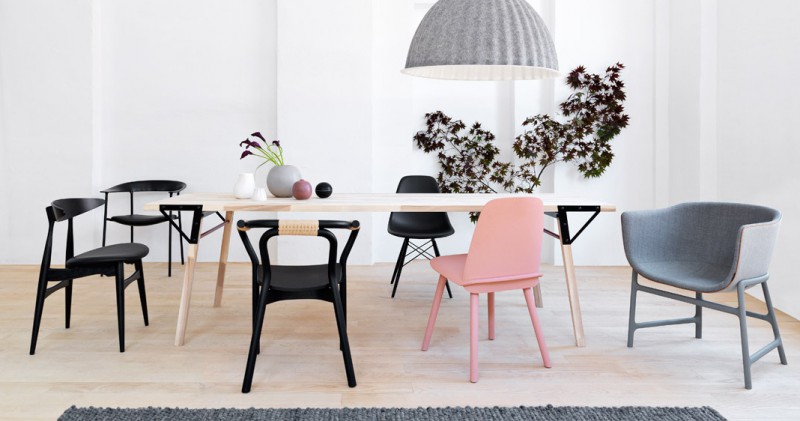by Anna Kate McWhorter, Staff Writer
Y’all. We need to talk about some stuff. We seem to have collectively found ourselves at “a loss for how to communicate.”
During orientation, while being told about how hard a lot of this first year would be in terms of navigating our differences of narrative and perspectives, there was some talk about honoring process. If we hear something new, something we think is wrong, something that challenges us or our opinions, we don’t need to respond in that moment. We are here to learn together and from each other, but not to change everyone’s theology to ours. We can sit with these hard things and just let those words be, think about them critically, reflect on why we are uncomfortable with them, and then respond. In other words, we have the freedom to let process be process.
I should be emphatic in pointing out that I am in great part writing this to myself. Allow me to be vulnerable for a moment…
Growing up, particularly as I became a young adult, I learned that if someone said something I didn’t agree with or something that I found offensive, I didn’t have to talk to that person. This was a form of self-preservation. In attempts to let someone know that their language was hurtful or voice that I didn’t understand their perspective on a particular issue, conversations quickly turned to arguments or only exacerbated the hurtful nature of what was being said. So I found solace in the mentality that not all viewpoints should be considered valid, that I didn’t have to listen to everyone. This kept me from being ridiculed, kept me from being “othered.” I could surround myself in a bubble of people who mostly agreed with me and in that, I could feel simultaneously authentic and safe.
But I’m starting to realize that Wake Div is not that same world. This is a place where yes, we will disagree on a lot of things; but this is also a place where we are invited to make more room at the table, not build up walls to keep people out. This is a place where we will be daily confronted with that which we do not understand; but this is also a place where we recognize and honor the great mystery of the Divine that has brought each of us here. This is a place that is new for each of us, largely because it operates in a way much different from the rest of the world. We can disagree and still choose to see our common humanity when those disagreements arise; whatever the road, we walk it together.
What are some tangible ways to have these difficult conversations? Good question! One question that I keep coming back to is one that Shonda Jones asked to myself and a group of other students one week at Coffee Hour: “Are you sitting with people that don’t look like you?” Making friends and finding strong connections with particular people is a good thing, but we shouldn’t only be breaking bread with people that look and think like us; that’s not what the kin-dom of God looks like, and neither should our table at lunch.
Also, be on the lookout later this school year for the Wake Divinity Dialogue Series. These dialogue groups cover topics related to social identity including (but not limited to) gender and sexuality, mental health, and race and culture, and are designed to create intentional space to have some of these hard conversations with other students.
So in the words of advice from someone who has already experienced—and survived—their first year in this program, “Take your seat at the table and listen.” Each of us has a story to offer that informs why we think, act, and speak the way we do. So if we want to better understand one another, we need to hear those stories—from everyone. If we don’t hear your story, we miss out on an opportunity to better see the diversity of the character of the Divine in our midst, an opportunity to learn from you, and an opportunity to affirm you and the validity of the journey that has brought you to this place. This messy, risky, beautiful community of people.
So pull up a chair to the table. And let’s get to work.


Great Story!!! Let’s continue to unpack… #kee
Thanks for this Anna Kate. This is something we can all practice more of. We live in a world where “othering” is a constant challenge and the only way to overcome that is to make a practice of coming to the table exactly as you suggest